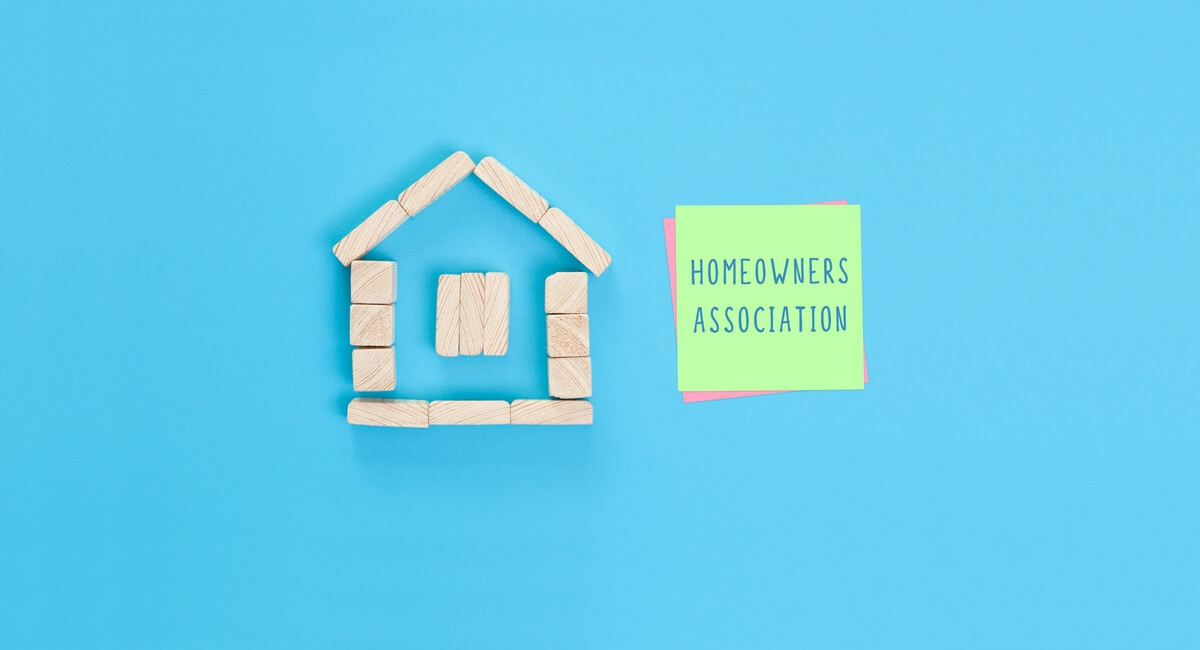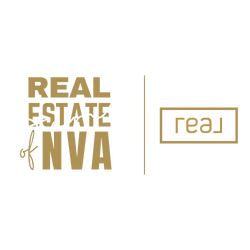A homeowners association (HOA) can offer a number of valuable services to the community, but residents are required to pay fees in exchange. Some home buyers are happy to live in an HOA community, but others worry that the fees aren’t worth it. All HOAs operate differently, and some may use their funds more efficiently than others. If you’re looking at a home in an HOA community, you should know exactly how much the HOA charges and what services are offered.
CLICK TO PLAY VIDEO

Researching the HOA for your prospective new home is just as important as evaluating the home itself. HOAs can have steep monthly dues and strict rules that community members must abide by. Before purchasing a home in an HOA community, make sure you know everything there is to know about the organization. Here are five questions you should ask about HOA fees:
1. How Much Are the Fees?
The first and most important question you should ask your HOA is how much you can expect to pay in fees. HOA dues can range from $100 per month to over $1,000 per month. Generally, communities with more amenities and services will have higher fees, but it can be difficult to predict what any HOA will charge. Location can play a role in HOA fees, too.
If you’re considering moving into a home in an HOA community, it’s essential that you ask about the HOA dues before you close on the property. The HOA fees could tack on hundreds to your monthly housing payment, which may make or break your decision to purchase the home.

2. What Do and Don’t the Fees Cover?
Understanding what your HOA fees do and don’t cover is also incredibly important. You might be willing to pay a large monthly fee if you receive maintenance services, landscaping, plowing, and community amenities in return. On the other hand, if you feel like you’re paying hundreds of dollars per month for nothing, you might decide to take your home search elsewhere.
All HOAs function differently, so you should ask for a clear and specific list of services that are covered by your dues. Your HOA may fund neighborhood amenities like a pool, playground, or tennis court. If you’re looking at a condo, the fees will likely cover common indoor areas and building maintenance as well. Sometimes, HOA fees cover services like security and trash removal, too. In a condo complex, your fees might also cover certain utilities, such as water and sewer.
In most cases, a portion of the HOA dues are set aside in a reserve fund for repairs and renovations. The HOA can tap into these funds to replace the roof, for instance, or fix an emergency maintenance issue. If the HOA doesn’t have a reserve fund, you might face additional charges as these situations arise.
Knowing what your HOA fees do and don’t cover will help you calculate your living expenses. For example, if some utilities are included in your HOA dues, you can deduct those from your monthly budget. If your condo complex has a pool or fitness center, you could save money by cancelling your gym membership.

3. When Are Fees Due?
Knowing when HOA fees are due will help you plan and prepare if you do move into the community. In most cases, HOA fees are paid monthly. Sometimes, though, associations request the dues quarterly. There may be additional fees throughout the year for extra expenses, too.
You should ask if the HOA offers a grace period for late payments. Some HOAs are flexible if you send in your payment a few days late, but others may charge late fees or interest if you miss the deadline. It’s also important to know the available payment methods. Many HOAs accept online payments, but some may require a paper check to be mailed to the association.

4. Will My Fees Increase?
Many HOAs increase their fees annually, but not all associations follow a set schedule. Although there isn’t an industry standard for HOA fee increases, some states and cities have laws preventing HOAs from increasing their dues more than once per year.
Knowing whether your HOA will increase your fees every year could affect your decision to move into the community. If your budget is already tight, an increase in HOA fees could force you to move again. In recent years, many homeowners have seen dramatic increases in their HOA dues as a result of inflation and rising costs of living.
You can ask the HOA for the history of their fees to see how often they increase the dues and by what amount. If you see any drastic increases from one year to the next, ask if there were any new services or amenities introduced that account for the change. If not, it may be a warning sign that your HOA could increase dues in the future without directly benefiting the community.

5. What Happens if I Can’t Pay the Fees?
You shouldn’t move into an HOA community unless you’re confident that you can pay the fees. However, unexpected circumstances could arise that prevent you from paying your dues. Some HOAs are more forgiving than others when it comes to late payments. Additionally, some states have laws restricting what action HOAs can take against homeowners who fail to pay their dues. It can be helpful to know the possible consequences if you do find yourself in this situation.
Most HOAs will charge a late fee or interest if your payment is more than a few days late. This fine may increase daily, weekly, or monthly until you make your payment. The HOA could also suspend certain privileges until you make your payment. For example, you may be denied access to shared amenities, such as the pool or fitness center.
In more extreme cases, the HOA might hire a debt collection agency to get the missing payment. Your HOA may even try to sue you for the unpaid dues, which could result in your wages being garnished. Another possibility is that your HOA puts a lien on your property, which will prevent you from selling your home without paying the debt. In some states, properties can even be foreclosed upon when homeowners don’t pay their HOA dues.
BOTTOM LINE
HOA fees can vary widely from community to community. Some HOAs charge low fees for minimal neighborhood upkeep, and others charge hundreds per month for luxurious amenities. To decide whether living in an HOA community is worth the cost, you have to consider whether the fees fit in your budget and whether you’ll utilize the services provided. No matter what, you should be fully aware of what you’ll pay, what it covers, and what will happen if you can’t make a payment.
As always . . .
Be sure to check out the:
- Home Valuation Tool
- Reach out for your personalized Home Value Report
- Calculate your future mortgage
Don’t forget the Home Buying and Selling Guides !
Never miss an issue by subscribing below and I look forward to speaking with you soon about your free Home Preparation and Market Analysis consultation!




